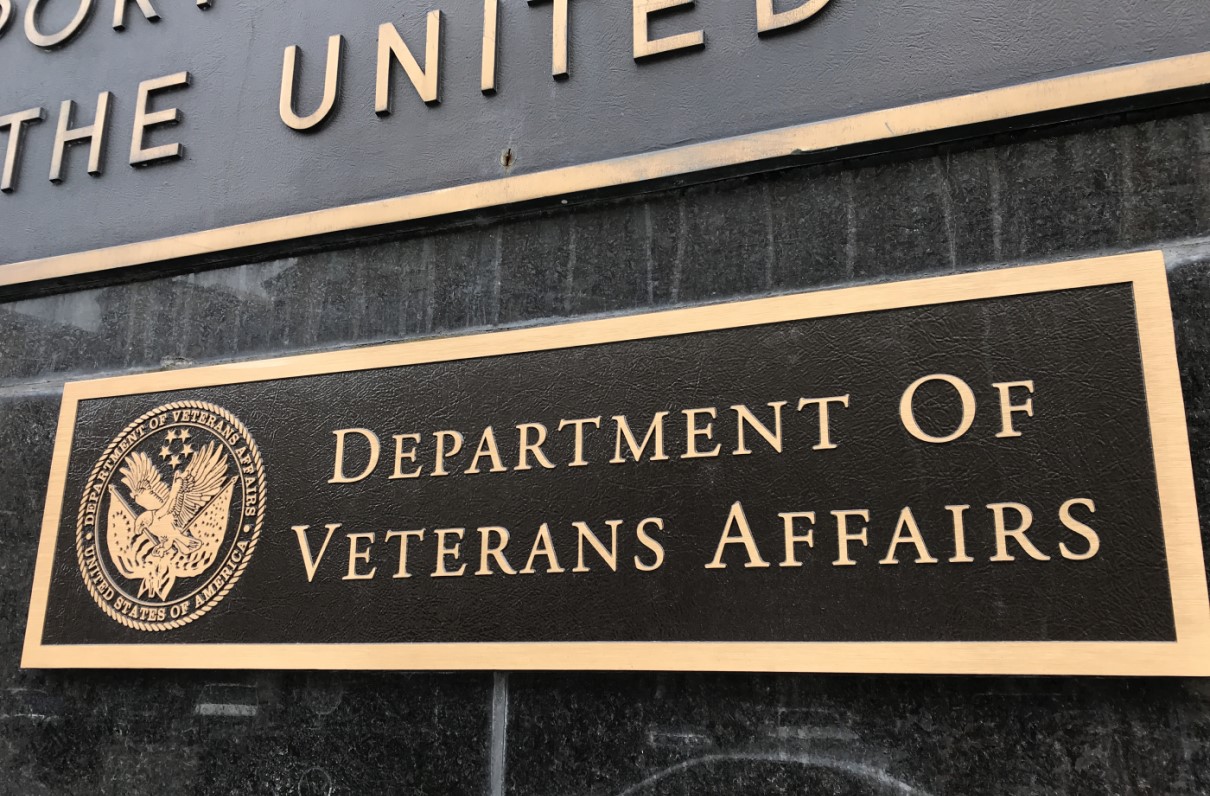This article by Linda F. Hersey originally appeared on Stripes.com. Stars and Stripes serves the U.S. military community by providing editorially independent news and information around the world.
WASHINGTON — Veterans who left military service with an other-than-honorable discharge or after a special court-martial for misdemeanor offenses will be eligible for the first time for veterans’ health care and benefits following a rule change announced Thursday by the Department of Veterans Affairs.
The veterans will be considered for VA care and services under a “compelling circumstances exception,” if they can show that mental health problems, cognitive impairment, combat-related hardship, military sexual trauma or other identified factors contributed to their dismissal, the VA said.
Veterans’ length of service and overall performance during military duty also will be considered.
Basic eligibility for VA benefits previously was granted only to veterans who left the military service under honorable conditions after successful completion of their military contract or were discharged early due to illness, injury or other factors beyond their control.
[RELATED: Expansion of Hours at Some VA Clinics Leads to 25,000 New Patients]
About 200,000 service members exit the military each year. Slightly more than 2% leave with other-than-honorable discharges. Bad conduct discharges through a special court-martial account for less than 1% of discharges.
Veterans with other-than-honorable discharges previously were considered on a case-by-case basis. From 2012-2023, the VA awarded benefits to more than 8,000 former service members who previously were deemed ineligible because of other-than-honorable and bad-conduct discharges.
VA Secretary Denis McDonough said the agency wants to provide veterans previously denied VA care and services the opportunity to reapply.
“Although VA cannot change your discharge status, we want to provide you with any health care or benefits we can,” he said.
Veterans with other-than-honorable discharges exit the service for a variety of reasons, including substance abuse, disobeying orders, fighting or other reasons.
The rule change applies to former service members discharged for “willful and persistent misconduct” or “moral turpitude” offenses, the VA said.
[RELATED: What the VA’s ‘Access Sprint’ Means for Improving Veterans Health Care]
Willful and persistent misconduct is defined as conscious wrongdoing or engaging in activities known to be prohibited.
Moral turpitude generally refers to criminal acts, regardless of whether there was a felony conviction.
“This new exception creates a new path for VA to provide benefits and services to deserving former service members,” the VA said.
The VA also said Thursday that it will take additional steps to ensure that it is providing full and fair access to health care, disability compensation and other benefits for veterans who discharged because of “homosexual conduct, gender identity or HIV status.”
“This move further solidifies VA’s commitment to reducing disparity for these groups in the adjudication process,” the VA said.
Support The MOAA Foundation
Donate to help address emerging needs among currently serving and former uniformed servicemembers, retirees, and their families.
